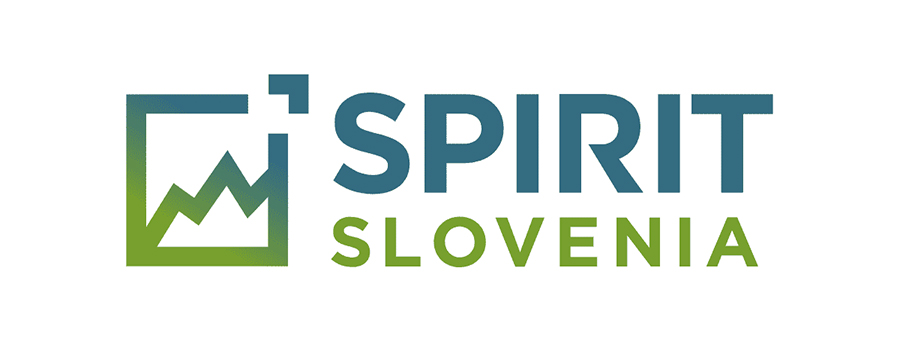When I started my career, there was no such thing as an employee probation period (or at least nobody was using it). You just started working and it then depended on your mentor/manager whether or not you got any feedback. Of course, it also depended on you and whether you were “brave” or engaged enough to ask your manager for a feedback. Nowadays, everything is much easier with the employee probation period.
What is the employee probation period?
For us at Optiweb, it is mostly a great tool for giving the new employees constant feedback: what are their strengths and where we see place for improvement. The probation period starts at the beginning of the employment and usually lasts from 3 to 6 months.
Why is the employee probation period important?
I agree, the probation period is something stressful, because you know you are being watched and reviewed. But still, we have some good reasons to use it and there are two aspects that are the most important:
- The most important reason – and the best thing you get with the probation period – is constant feedback. You can argue that you can give feedback even without the probation period and I agree, but how many managers actually do that? The probation period is a great tool that “forces” managers to give constant feedback to the new employees, which really means a lot to them! I was also a newcomer a few months ago and when you are new, you don’t know exactly what your boss and coworkers expect from you, so I know that the probation period meant the world to me at that time! From the company’s perspective, this is also a great tool to define your expectations and to evaluate if the expectations have been met.
- The second reason, which is actually connected with the first one, is the fact that the recruitment process, which usually ends with a job interview and a practical assessment, doesn’t give you enough time to really get to know the candidate. Let’s admit – we all try to be best version of ourselves during the selection process. The probation period gives us (the company and the candidate) a chance to see if this is really it. So, this is again a win-win situation for both sides.
The probation period goes together with the permanent employment, so it is really not about dismissing anyone at the end of the probation period; it is about ensuring him/her the best possible onboarding experience. But still, if either the company or the candidate realize that we are not a good fit, the probation period is an easy way to say goodbye – and 6 months is more than enough to make that decision.
During the probation – the responsibilities of the employer
At Optiweb, there are always four people that are involved in the probation period – our CEO, one mentor, one coworker and me. Each of us has a different role:
- The most important people during the probation period are the mentor and coworker. They are a remarkable source of information, since they are working with the new employee on everyday basis. They are also the ones that have to give feedback to the new colleague.
- Our CEO is always a part of the probation period, so he is involved in the process and is informed about how the new employee is doing. And, of course, he always adds his observations.
- My role is to combine all the information we receive and to intervene if I see the same “problems” every month.
One of the positive aspects of the probation period is also identifying the training needs – sometimes they are identified by the mentor, but we are most pleased if the employees expose what their training needs are on their own.
Every new employee gets a written form with feedback after each month. This is an important part of the probation period, but it’s not about papyrology; it’s about real, personal feedback, so besides the written feedback every new employee also has a short meeting with their mentor/manager and me. We don’t have a fixed number of meetings during the probation period; instead, we are trying to be flexible. The two most important meetings for the probation period are at the beginning of the employment and at the end of the probation period:
- The beginning of employment: we use this meeting at the very beginning (in the first days of employment) to define our expectations and to set long- and short-term goals and, of course, to answer all the questions the new employee has.
- The end of the probation period: after 6 months, we check the goals and expectations, where the new employee started at the beginning and where they are now. We ask them questions about how they got through their first months, what they expected and what was the reality, what was the biggest surprise (positive and negative) and so on. We also set plans for the future – where they see themselves in the next 6 months, what they expect in terms of growth and development and so on.
The probation period is over – now what?
We could say that the probation period is a privilege for the new employee – they get a lot of additional attention in comparison with the other employees. It is of course logical that we don’t have monthly feedbacks with all employees, or at least not in written form, but we are still aware that feedback must be constant – if needed, even on everyday basis. But still, written feedback is important for all employees. We are currently using 6-month performance reviews for all employees, where we discuss all their achieved and future goals.
Are you already using the probation period? If you are still in doubt about the necessity of using the probation period for new employees, consider this recent research finding: 18% of new recruits fail probation (Opinion Matters Survey, 2014). This means that, without a probation period, almost a fifth of your workforce could be duds!





